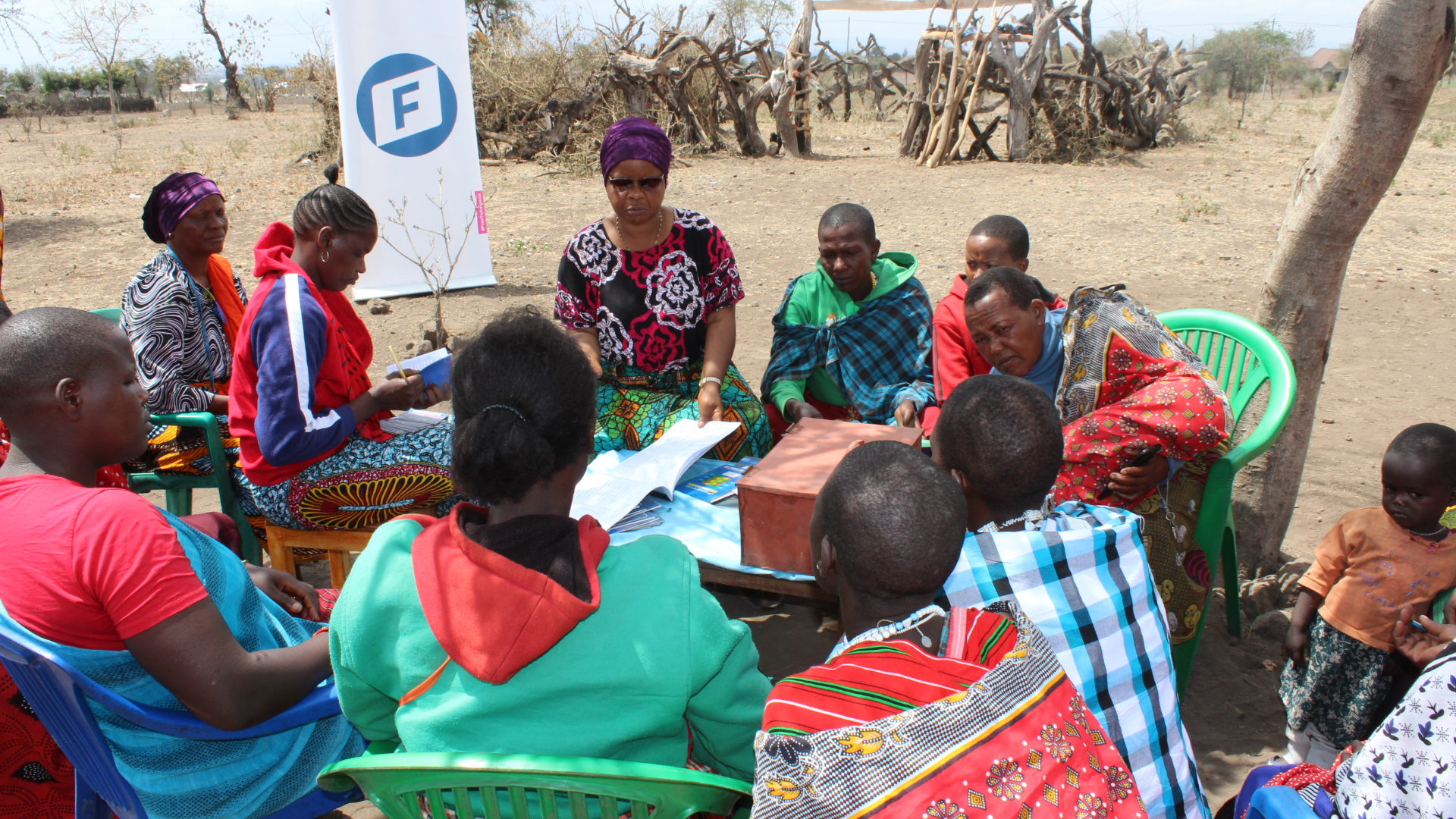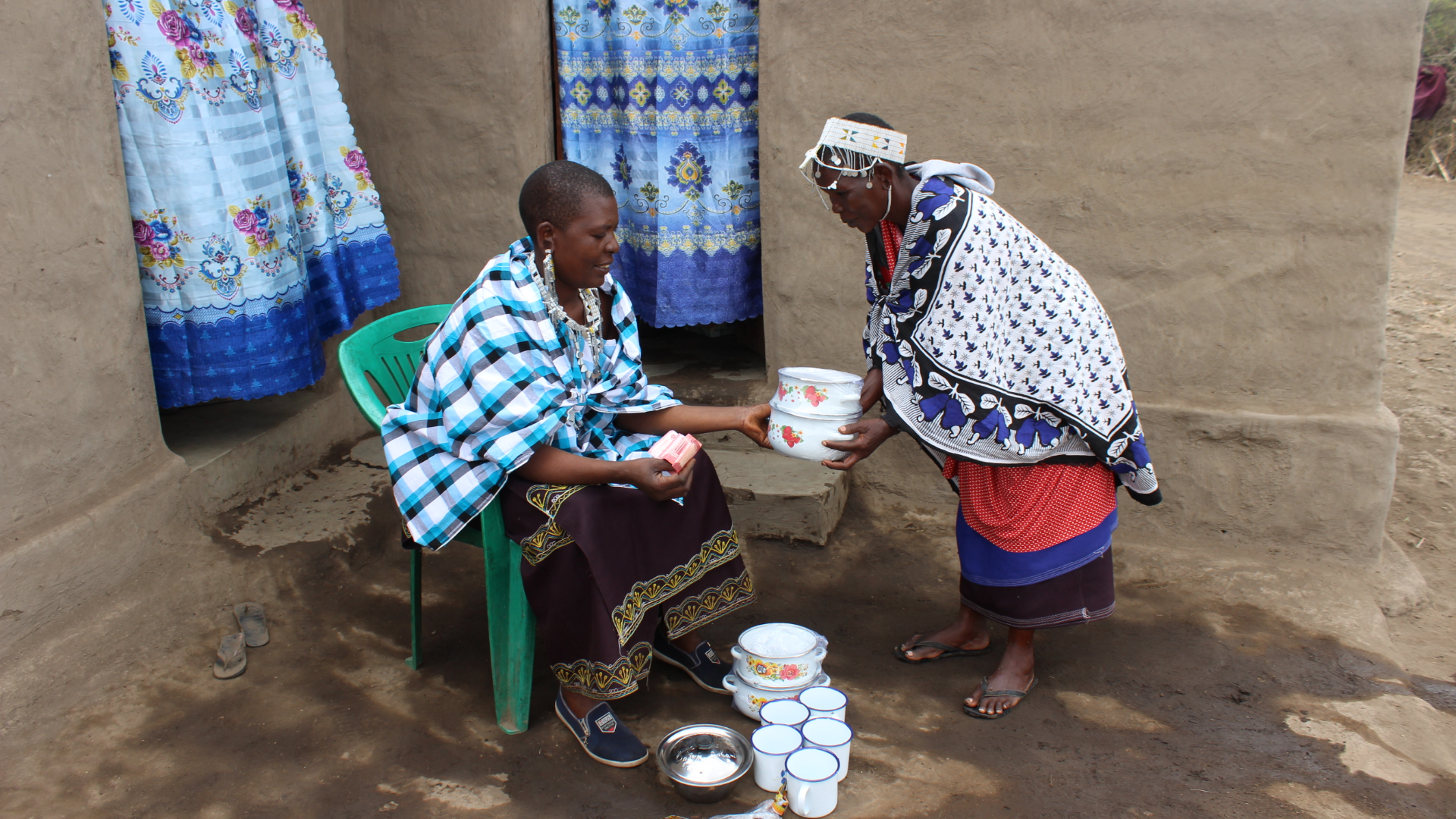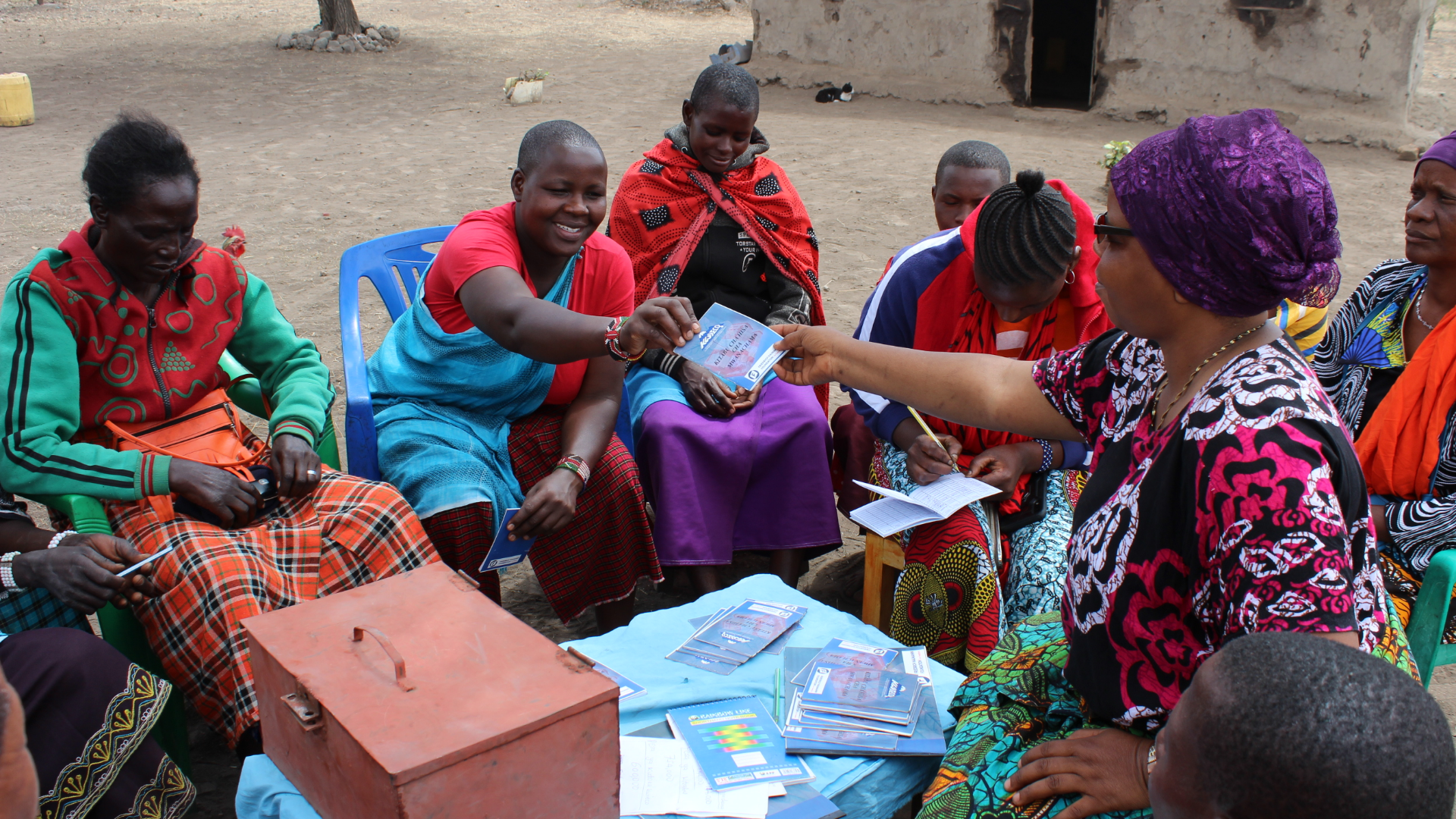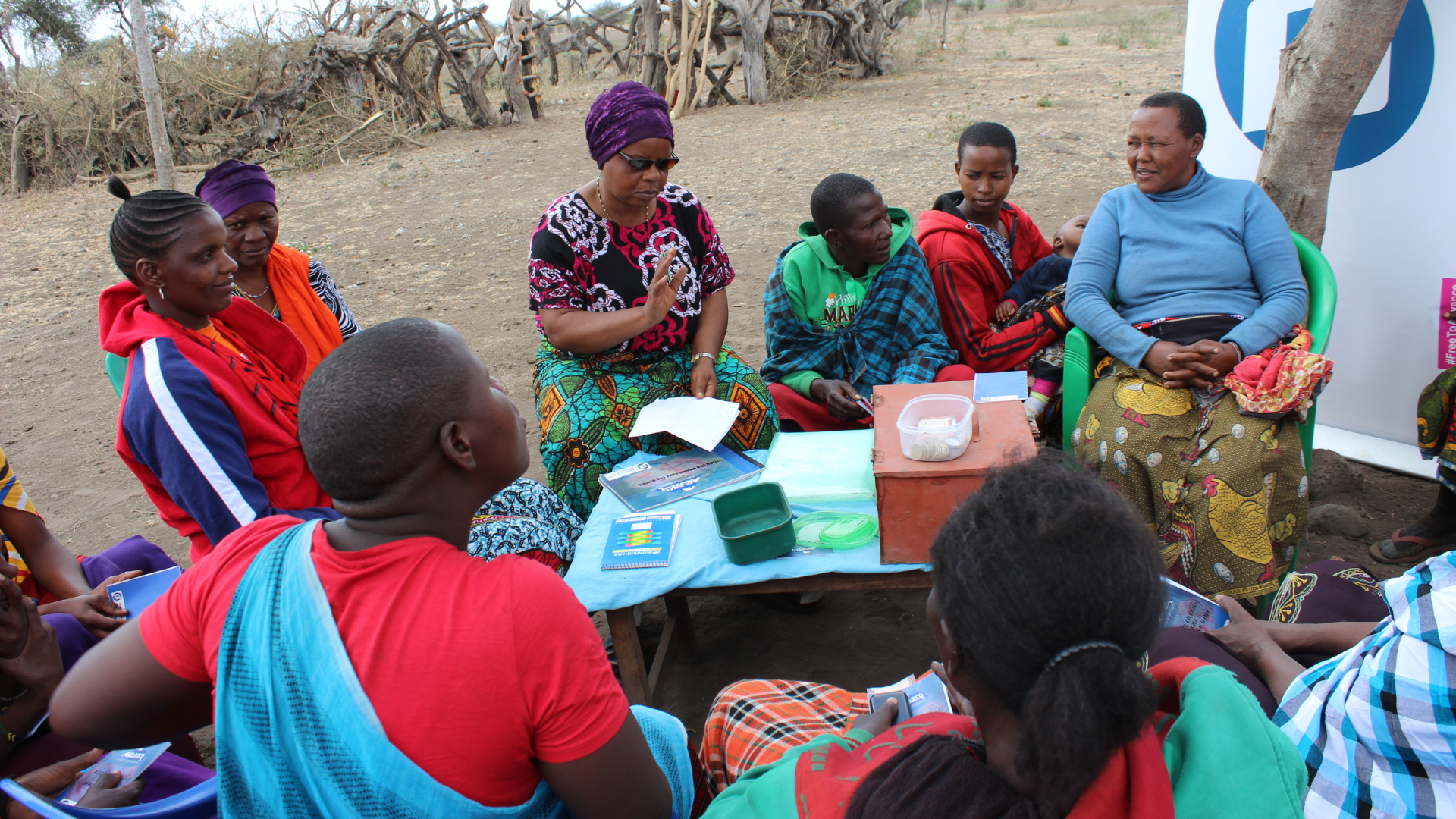Tanzania
Challenging Traditions:
Challenging Traditions:
Social Norms among Maasai Women
Social Norms among Maasai Women
Behind the beauty of the Maasai’s vibrant tradition, rich culture, and traditional dress, women in this community often live in poverty and under suppressive cultural practices. A Maasai girl is a source of wealth, “property of her father”, can easily be married off, and inherited if her husband dies. In all of this, the girl has no voice and must remain submissive and subservient to men.
In addition, there is the Maasai community’s cultural practice of female genital mutilation (FGM). This is not only a violation of bodily integrity but also significantly contributes to early child marriages. FGM, inflicted on girls as young as age 11, has been linked to peer bullying and the loss of confidence of the victims. The high rate of school dropouts for young girls and the resulting illiteracy increases intergenerational poverty and gender inequality.
To tackle these challenges, the Friedrich Naumann Foundation for Freedom (FNF) and the Kilimanjaro Women Information Exchange and Consultancy Organization (KWIECO) launched human rights clubs in 12 schools in the Kilimanjaro region. These clubs empower young members of the society to address gender inequality issues. Although public attitudes towards FGM are changing slowly, there have been some success that can be celebrated. Thanks to the project, there have been pronounced increases in the sense of dignity and self-confidence of the young girls and women involved. There is also a notable change in attitude towards early marriages and there are shifts in the way FGM is viewed. Some girls who have participated in the clubs have become human rights champions and have even brought their mothers in to participate in the activities. The project has enabled women to find their voices, and to fight for their human rights.

Embukoi women economic group in entrepreneurship training session
Women’s rights



